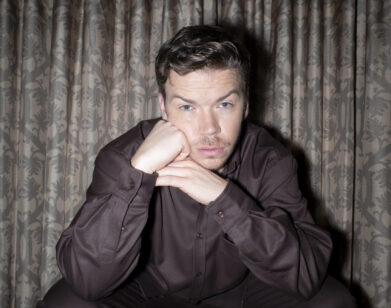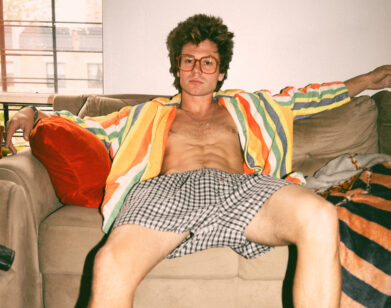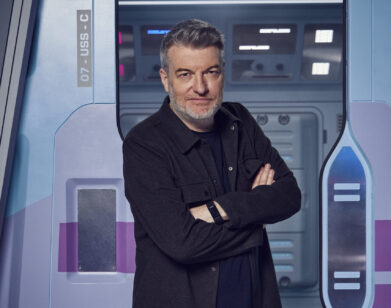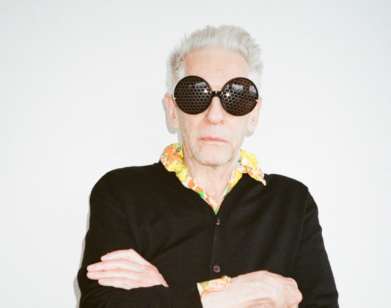Juliette Binoche’s Body And Being
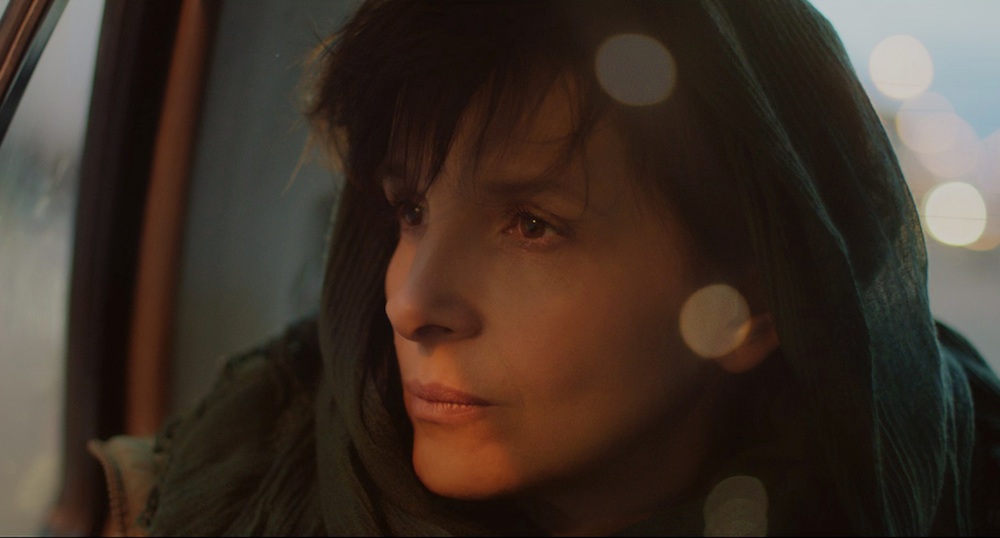
ABOVE: JULIETTE BINOCHE IN A THOUSAND TIMES GOODNIGHT
“I use myself, my body, my tool, my being,” Juliette Binoche says of acting. “It takes courage sometimes.”
Over a three decade career, the French actress has mastered, elegantly, the art of shape-shifting. Binoche,who nabbed an Oscar for her role in The English Patient (1996), has worked with some of the most directional filmmakers of the past 50 years—Jean-Luc Godard, Abbas Kiarostami, David Cronenberg, and Michael Haneke among them—balancing intimate art-house fare with big-budget Hollywood movies (she’ll be in both Olivier Assaya’s Sils Maria with Kristen Stewart and the new reboot of Godzilla, with Bryan Cranston and Elizabeth Olsen, next year). In all her projects, Binoche gives the sense that she’s doing exactly what she wants. With every role, she’s lived a new life to its fullest.
At the Marrakech International Film Festival over Thanksgiving, Binoche received an Hommage for her work in cinema and showed her latest film, A Thousand Times Goodnight. Helmed by Erik Poppe, who was a war photographer before he started making music videos and films in his native Norway, A Thousand Times Goodnight reconfigures Poppe’s past experiences into a taut emotional drama. Rebecca (played by Binoche), a passionate photographer specializing in conflict, must choose between her life’s work and her husband (Game of Thrones’ Nikolaj Coster-Waldau) and daughters at home.
“I pushed Erik, and he knows it,” Binoche explains. “He was a war photographer 25 years before, and things have changed. The material I was given was not there yet. He gave me a green light to see specific war photographers to improve it. I wanted to be accurate; I didn’t want to be a general idea of things. I wanted to be right on the money. I felt responsible,” Binoche asserts of her research of the role, where she consulted with real life photographers like Lynsey Addario, who has covered conflicts in Afghanistan, Iraq, Lebanon, Darfur, and Congo and contributed to The New York Times, National Geographic, and Time.
Binoche’s portrayal of Rebecca is a deeply visceral one, where she probes into the chasm of the woman’s two obligations: to her family, which she loves and adores, and to a higher ethical authority as an individual who bears witness to and catalogues the world’s most harrowing atrocities. “I think it’s very meaningful today because a lot of war photographers are women,” she reflects. “As a woman, you have a passion where you can risk your life. Does it fit a family life? If it is a man going to the war zone, it’s not easy. But it’s more accepted in a way. There must be some ancient idea about that. For women to go away in war zone, it’s like, ‘Wow, you don’t have the right to do that! Take care of your children! You are not a good mother!’ You have all those voices coming. We need women to go there and be able to enter that world in order to know what is going on.”
“I can’t stop myself from what I am doing,” Binoche says of balancing her home life with work, and drawing a personal parallel to Rebecca. “It’s my life, it’s my task, and it’s me. I am not a woman staying at home.”
JULIETTE BINOCHE WILL BE IN FOUR FILMS SCHEDULED TO COME OUT IN 2014: WORDS AND PICTURES, A THOUSAND TIMES GOODNIGHT, GOZILLA, AND SILS MARIA.

